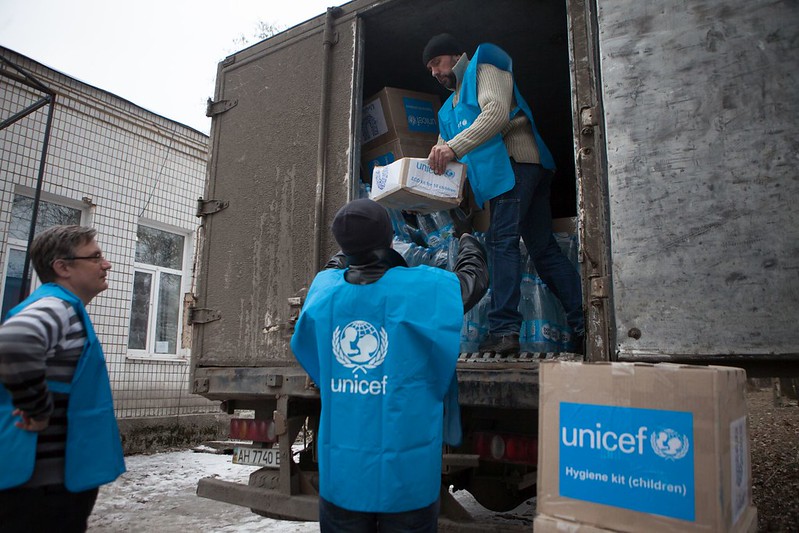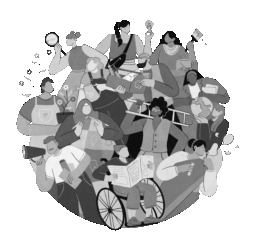Prioritise, Reform, Protect and Prevent: Skills to support humanitarian action
Humanitarian action is essential to support people facing crisis, save lives, assist their recovery, maintain their dignity, and increase their resilience. Developing our humanitarian knowledge, skills, and abilities is crucial if we are to prevent and respond to the multiple and protracted crises across the world.

These are challenging times, and in order to help humanitarians access the latest and most relevant resources to develop their learning, K4DD has published its ‘Humanitarian Learning Resource Guide – 3rd Edition’. This blog shares just some of the reasons why updating our humanitarian knowledge is so important right now.
Increasing humanitarian need
The Global Humanitarian Overview for 2025 noted that 305 million people require urgent humanitarian assistance and protection in 2025. This increasing humanitarian need is driven by conflict, disasters made more severe and frequent by climate change, and governance failures. This is coming at a time when the humanitarian system is facing many challenges, including decreasing funding at a time of increasing need, attacks on humanitarians and the services they provide, and access barriers for humanitarians and people in need.
Humanitarians and staff working on these issues need to constantly update their skills and capabilities. By doing so, their programming and policy efforts can be as effective as possible in the evolving global and local context, and to meet the increasing humanitarian need.
K4DD Humanitarian Learning Resource Guide
This update of the K4DD’s Humanitarian Learning Resource Guide is designed to provide information about free online courses and materials that the UK Government’s Foreign, Commonwealth & Development Office (FCDO) staff and other interested parties can use to develop or refresh their humanitarian knowledge, skills, and abilities. It is organised around the FCDO humanitarian technical competencies of:
- Prioritise effective humanitarian assistance to people in greatest need
- Reform humanitarian theory, architecture and system effectiveness
- Protect civilians, IDPs, refugees, marginalised groups including women and girls and promote and maintain humanitarian access to these groups
- Prevent andanticipate future shocks and rebuild resilience in protracted and recurring crises
The guide provides an overview of the courses or resources and how much input is needed to engage with it so that people can chose to focus on the areas where they feel they want to develop or refresh their humanitarian competencies. The courses and resources are drawn from a range of different organisations working in the humanitarian sector.
Chris Porter, FCDO humanitarian Head of Profession said:
“Hugely grateful for this update. Whilst commissioned rather narrowly to support FCDO staff, feedback is that many others beyond FCDO found earlier editions helpful. There are some fantastic resources produced by a huge range of actors and great to bring a spotlight to just some of them – whilst recognising this is not a checklist!”
K4DD’s humanitarian resources
K4DD has produced a number of resources to support the uptake and understanding of the broad field of humanitarian evidence and knowledge. Aside from the Resource Guide, we have also published an associated 2nd edition of our ‘Reading Pack: Humanitarian Action’, supported by a detailed video overview of the issues and challenges of humanitarian action by Jamie McGoldrick, former Humanitarian Coordinator at the United Nations.
K4DD also publishes monthly ‘Humanitarian Evidence and Discourse Summaries’. Authored by Luke Kelly at the Humanitarian and Conflict Response Institute (HCRI), these summaries signpost practitioners and policy makers, and anyone with an interest in humanitarian issues, to the latest relevant resources to inform and support your response to crises. You can get the latest summaries by subscribing to our dedicated LinkedIn newsletter.

